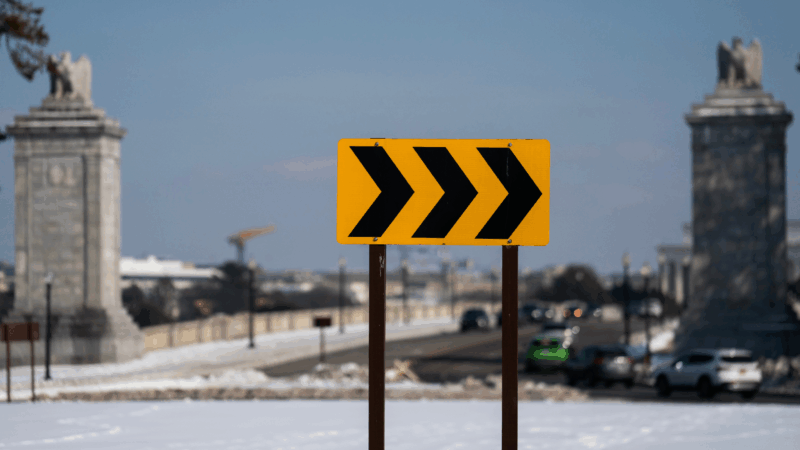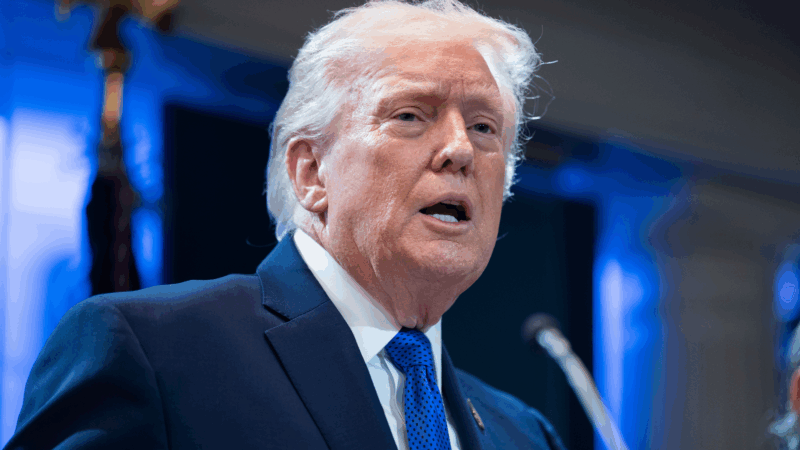Alabama pausing executions after 3rd failed lethal injection
By Jay Reeves, Associated Press
Alabama Gov. Kay Ivey sought a pause in executions and ordered a “top-to-bottom” review of the state’s capital punishment system Monday after an unprecedented third failed lethal injection.
Ivey’s office issued a statement saying she had both asked Attorney General Steve Marshall to withdraw motions seeking execution dates for two inmates and requested that the Department of Corrections undertake a full review of the state’s execution process.
Ivey also requested that Marshall not seek additional execution dates for any other death row inmates until the review is complete.
The move followed the uncompleted execution Thursday of Kenneth Eugene Smith, which was the state’s second such instance of being unable to put an inmate to death in the past two months and its third since 2018. The state completed an execution in July, but only after a three-hour delay caused at least partly by the same problem with starting an IV line.
Denying that prison officials or law enforcement are to blame for the problems, Ivey said “legal tactics and criminals hijacking the system are at play here.”
“For the sake of the victims and their families, we’ve got to get this right,” she said.
Corrections Commissioner John Hamm said the department is fully committed to the review and is “confident that we can get this done right.”
“Everything is on the table — from our legal strategy in dealing with last minute appeals, to how we train and prepare, to the order and timing of events on execution day, to the personnel and equipment involved,” Hamm said in a statement issued through the governor’s office.
Marshall “read the governor’s and commissioner’s comments with interest” and “will have more to say on this at a later date,” said Mike Lewis, a spokesman for the attorney general.
The Death Penalty Information Center, an anti-death-penalty group with a large database on executions, said no state other than Alabama has had to halt an execution in progress since 2017, when Ohio halted Alva Campbell’s lethal injection because workers couldn’t find a vein.
The executive director of the organization, Robert Dunham, said Ivey was right to seek an investigation and a pause, but any review of the system needs to be done by someone other than the state’s prison system. While Ivey blamed defense efforts for execution failures, Dunham said her “willful blindness” to the prison system’s woes were part of the problem.
“The Alabama Department of Corrections has a history of denying and bending the truth about its execution failures, and it cannot be trusted to meaningfully investigate its own incompetence and wrongdoing,” he said.
Earlier this year, after Tennessee Gov. Bill Lee halted a lethal injection in April because he learned the drugs hadn’t been tested as required, he ordered an independent investigation and paused all executions through the end of the year.
Alabama’s execution of Joe Nathan James Jr. took several hours to get underway in July because of problems establishing an IV line, leading anti-death-penalty group Reprieve US Forensic Justice Initiative to claim the execution was botched.
In September, the state called off the scheduled execution of Alan Eugene Miller because of difficulty accessing his veins. Miller said in a court filing that prison staff poked him with needles for more than an hour, and at one point left him hanging vertically on a gurney before announcing they were stopping. Prison officials have maintained the delays were the result of the state carefully following procedures.
Ivey asked the state to withdraw motions seeking execution dates for Miller and James Edward Barber, the only two death row inmates with such requests before the Alabama Supreme Court.
Alabama in 2018 called off the execution of Doyle Hamm because of problems getting the intravenous line connected. Hamm had damaged veins because of lymphoma, hepatitis and past drug use, his lawyer said. Hamm later died in prison of natural causes.
Alabama should have imposed an execution moratorium after Hamm’s failed execution for the benefit of everyone, said Bernard Harcourt, an attorney who represented Hamm for years.
“As a political matter, Gov. Ivey mentions only the victims, but these botched executions have been ordeals for the men on the gurney, their families, friends, ministers, and attorneys, and all the men and women working at the prison and involved in these botched attempts. The trauma of these executions extend widely to everyone that they touch,” Harcourt said.
Mississippi health system shuts down clinics statewide after ransomware attack
The attack was launched on Thursday and prompted hospital officials to close all of its 35 clinics across the state.
Blizzard conditions and high winds forecast for NYC, East coast
The winter storm is expected to bring blizzard conditions and possibly up to 2 feet of snow in New York City.
Willie Colón, salsa pioneer, has died at 75
The South Bronx bandleader took the Latin genre to new heights while recording for Fania Records.
Vietnam Veterans sue to block proposed ‘Independence Arch’ near Arlington National Cemetery
The lawsuit challenges President Trump's plans for "Independence Arch," a 250-foot structure proposed for Memorial Circle.
Trump to raise global tariffs to 15%
President Trump previously said he would implement 10% global tariffs after the U.S. Supreme Court struck down his tariff policies.
Pin trading has taken over the Olympics. Here’s what it’s like in Milan
Pin trading has become a hallmark of the Olympics in recent decades — and not just for athletes. An official trading center in Milan was a hotspot for longtime collectors and curious newcomers alike.





